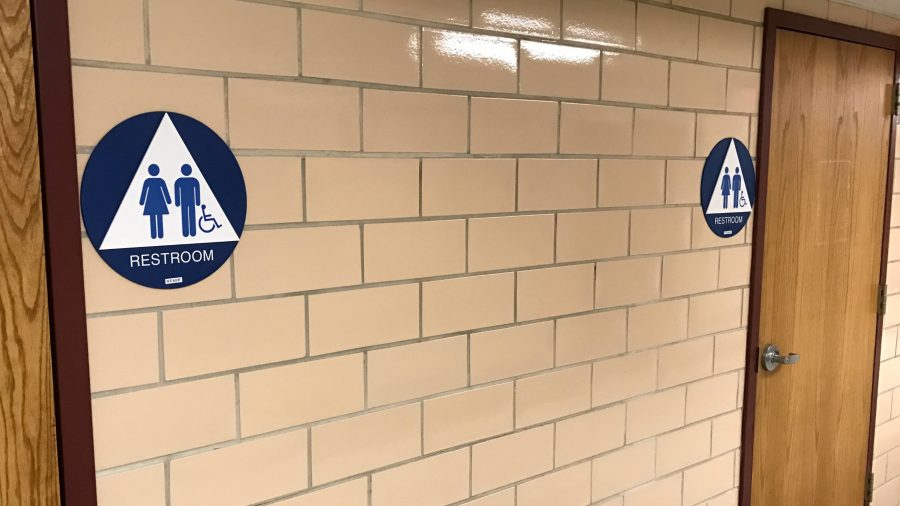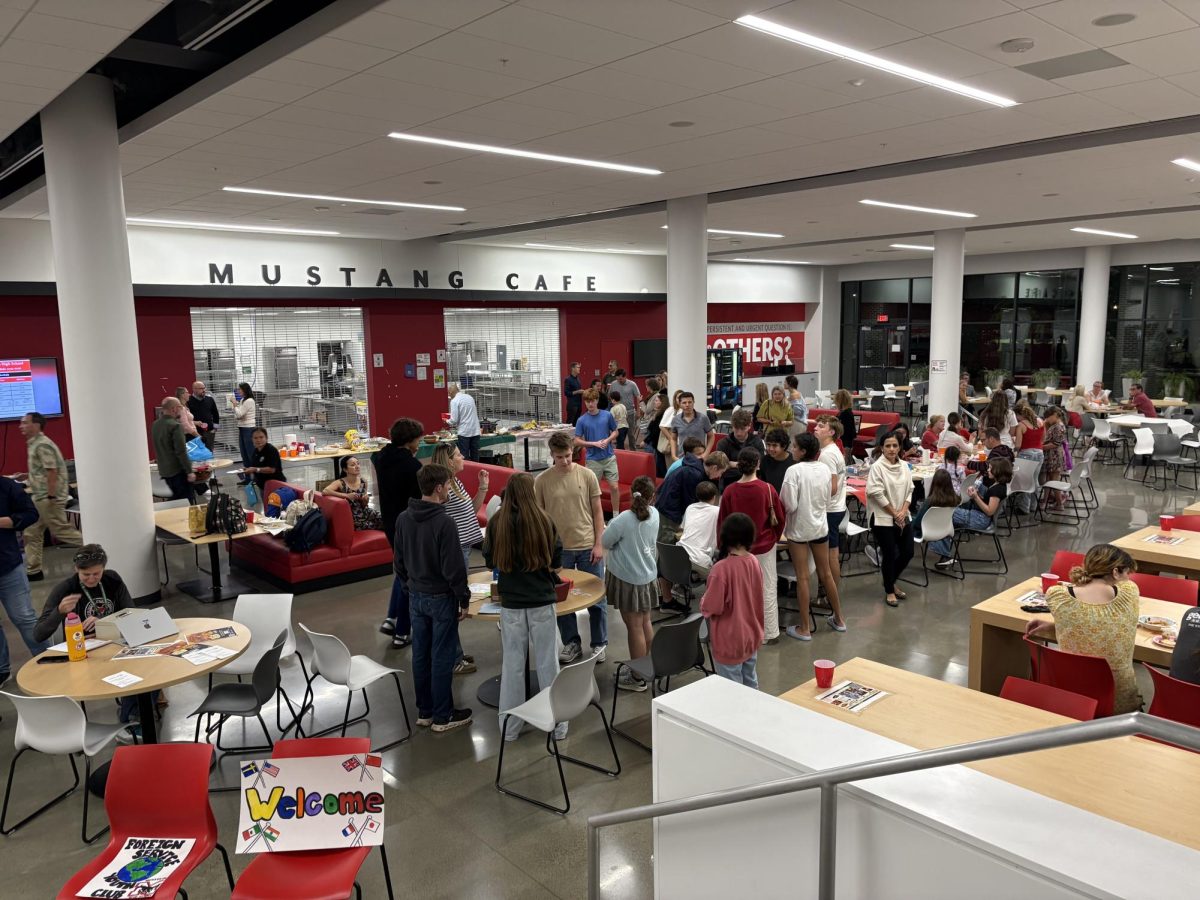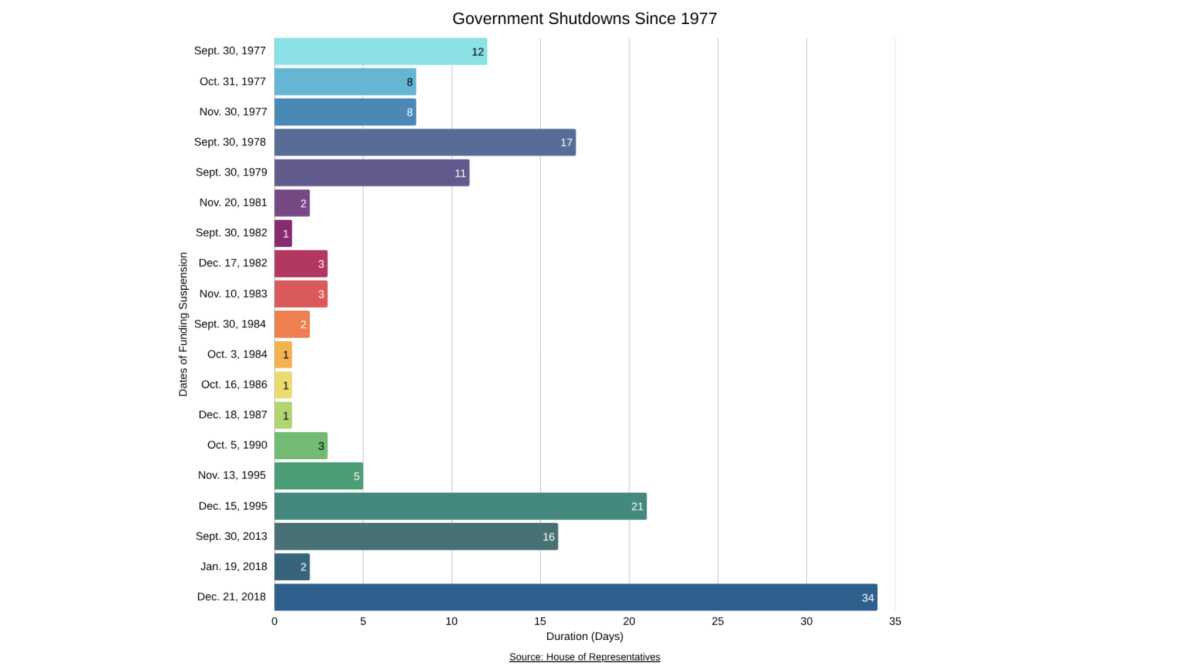The plaques on the staff bathrooms in the science hallway have recently been changed to become “more accessible to everyone.” GM Principal Mr. Matt Hills asked the maintenance team to replace the male and female signs over the two single-stall bathrooms, with two gender neutral signs; one for students, and one for staff.
This is something Hills has wanted to do for a while now, and with the current U.S. Supreme Court case regarding transgender students using bathrooms at school, he wanted to make Mason feel like the inclusive environment it strives to be.
“There’s a model that has been changing,” Hills said. “If you’ve gone out to public restaurants and public facilities, there are definitely more unisex bathrooms [now], and we figured we could have unisex staff and unisex student bathrooms.”
In May 2016, the U.S. Department of Justice and U.S. Department of Education issued a letter to all schools in the nation, requiring that they permit transgender students to use the bathrooms that align with their gender identity. This did not carry the force of the law, though is protected under Title IX, the federal law that prohibits discrimination in federally funded schools.
Since the letter, half of the states in the country have tried blocking the law, saying that it upsets the authority of school districts. Eight of these states, as of January 23 2017, have gone as far as introducing legislation restricting bathroom access or restricting local jurisdictions from writing laws that would allow it. In addition, the state of Oklahoma called for President Obama’s impeachment over the recommendation, saying he overstepped his constitutional boundaries.
Meanwhile, 17 states and Washington D.C. have banned discrimination in public facilities based on gender identity. These laws apply to employment and housing as well, though they do not specify to what extent they refer to bathroom access by transgender people.
Nebraska Attorney General Doug Peterson says that current state and federal law allows schools to maintain facilities based on sex.
“[This] recent action… circumvents this established law by ignoring the appropriate legislative process necessary to change such a law,” Peterson said. “It also supersedes local school districts’ authority to address student issues on an individualized, professional and private basis.”
In May 2015, a year before the Obama administration’s letter was issued, The Fairfax Public Schools (FCPS) district added gender identity to their nondiscrimination policy. Following the new policy, the FCPS board members held a meeting on July 1, 2016 to clarify the teachers and administrators’ roles in protecting transgender students. The FCPS board chairman called for a private work session on July 21 to discuss regulations, but ended up suspending it due to complaints and concerns from parents.
The court case over the rights of transgender students in school bathrooms remains in the hands of the Supreme Court Justices and the decision will set the standard for the thousands of schools across the nation.
The court case involves transgender student Gavin Grimm, who was barred from using the boys’ bathroom at his school in Gloucester County, Virginia. Considering this took place so close to home, it brings up the question of whether something like this could happen at George Mason.
“There have been [transgender students] here at Mason and there will continue to be, and bathroom use goes with that to a certain extent,” Assistant Principal Kevin Clark said. “It is something that we will continue to work with students and support them with what makes them most comfortable. That, I think, is certainly essential.”
With the structure of the 57-year-old school building limiting what administrators can do to further accommodate students, Hills and the administration team look forward to the court decision and the plans for the new school building to guide them with future decisions.
“I’d like to believe that we would be progressive and I think that depends on the Supreme Court Case,” Hills said. “I’d like to believe that that’s the direction we are going to move towards, and I think the new building would allow us to do that, but I can’t say with 100% accuracy because it all depends on the supreme court, that’s where our ultimate laws come from.”











